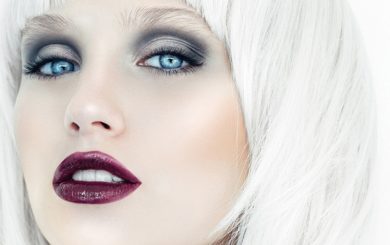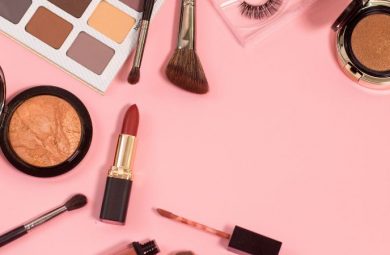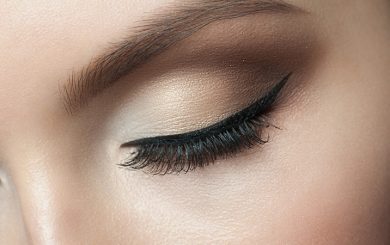The world of contouring has taken our makeup game to a whole other level. Thanks to professional makeup artists and Instagram famous gurus, the natural makeup look is a thing of the past. Contouring has always been a technique used for on-camera purposes, from models in a fashion shoot or an actor in a movie. Want to get that Hollywood contour look? Here’s how to contour your face.
By contouring your face with different tones, you can complement your natural facial features. The difference should be subtle and blended into the skin to show a natural shadow across the cheeks, sides of the nose, temples and jaw line.
If you’re thinking about giving contouring a try, we’ve detailed every step of the way for you.
How to Contour Your Face: Selecting the Right Contour Powder
When you’re completely new to contouring, your safest bet is to use a finely milled powder that can be blended onto the skin seamlessly. Wait until you’re more comfortable with your contouring skills before you try to contour with foundation.
When you’re new at contouring and not sure which shade to use, get a contour palette with a few different options — trial and error is the best way to go. If your skin is on the fair and pale side, a taupe contour shade will work best without looking too unnatural. Medium and tan skin can use a more bronze shade since the warm tone can add definition to your features. Dark complexions can reverse contour by applying a light-colored highlight powder on the highest parts of the face to bring out the natural depth and dimension of the skin.
Tools of the Trade
Once you’ve selected your contour powder, using the right tools will make a significant difference in the final look of your makeup! From a blending sponge to an angled powder brush, these tools will give the best definition and natural appearance of your contour application.
Angled Powder Brush
An angled powder brush is the easiest tool for beginners to start with for contouring parts of the cheeks, forehead and jaw line. The shape of the brush shouldn’t be too wide, but tapered enough to chisel your cheekbones for a defined look. Any brush that’s too wide will disperse the powder on areas where you don’t need to apply product. Getting the right width and shape of angled brush will determine how good your final result will look!
Small Tapered Brush
A concealer-type brush that’s small and tapered will help to detail your contour around your nose and smaller areas of the face, including your eyelids. You can even use an eyeshadow blending brush to contour your nose since the brush can apply and buff product into the skin without any harsh lines.
Related Search Topics (Ads)
Related Products
How to Define Your Face Shape
People with different face shapes should take different contouring approaches — it’s not a one-size-fits-all activity.
Round
Round face shapes should focus on elongating areas such as the cheeks and temples. Use a neutral tone contour powder to create depth by applying it on both sides of the face from the temple (beginning from the outer edge of your eye) to the corner of your mouth and then blending it down to your jaw line. This should create the shape of a ‘3’ on each side of the face. You should finish two centimeters above your mouth for the perfect application.
Square
If you want your face to look rounder and softer, apply your matte contour powder on your face to create an irregular triangle on both cheeks. This will help soften the strong square shape to create a diffused look. The contour powder should be used of the outer edges of your forehead, along the ears, jaw line and cheek bones to soften your structure. Always remember to use a contour brush that will add the right amount of definition and blending in the process.
Oblong
Similar to round face shapes, if you want your face to seem shorter and slimmer you have to emphasize the areas around the ears towards the nose. Draw wide lines of contour beginning at the middle of ear and finishing around the centre of the cheek. If your nose is wide, use a small tapered brush to apply a light amount of contour powder on the sides of the nose. Blending the straight lines using your fingers will help prevent any harsh edges.
Oval
Oval face shapes typically have a wider forehead that should balance the rest of your facial structure. To define your cheekbones apply your contour powder directly under your cheekbone and blend it back towards the ears. The powder should also be applied on the sides of your temples to shorten the appearance of your forehead. Finish off by slimming your nose using the powder down the sides and under the tip of your nose for a structured look.
If you’ve never contoured your face before, it’s easier once you’ve learned the right techniques and tips — but practice makes perfect! These tips will help you start your flawless makeup journey; once you’ve mastered it you’ll be amazed at your makeup look!





